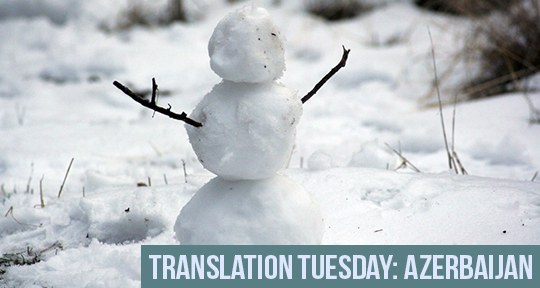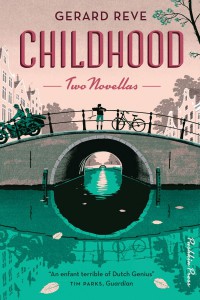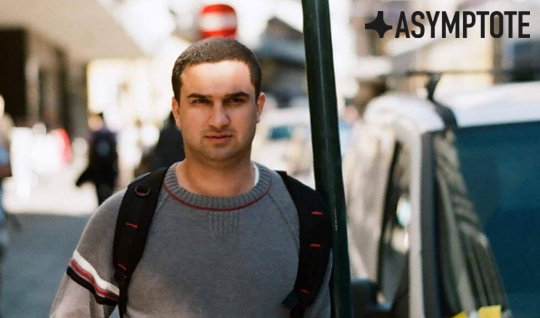For this week’s Translation Tuesday, a disabled youth’s love of football is hindered by his supposed friends in Musa Efendi’s short story “Gogol.” Though our narrator attempts to convince us (or perhaps himself) of his empathy for his friend Gogol, it’s not long before the petty worries of children mirror the cruel pragmatism of the adult world, all at the expense of their friend’s wishes. Through deceptively simple prose, we’re taken through a string of childhood vignettes chronicling the titular character’s ostracization. The narrator’s excuses, deflected upon the reader (“You would do the same thing, too”) segues into a haunting and almost surreal final image, a scene tinged by the narrator’s remorse and subdued sense of awe.
“Turtles can fly.”
–Bahman Ghobadi
I do not like Balzac-style narratives; I do want to know a lot, yet I never dreamed of seeing everything. So I choose to talk about the near side of the Moon.
*
We talked about this with the guys during the nights before the actual play. Despite the name of the game, hands play an important role in football; it is the hands that help you speed up when you are running. It is the hands that help you to keep your rival away when you have the ball. It is the hands that help the goalkeeper to not let the ball pass through the door. In football, you get penalized because of a hand, but you can’t play without it either. Elchin was the one who told us all this. This was the reason we didn’t let Gogol play and assigned him as commentator of the game instead. We called him Gogol because while commentating the game, he used to get excited when a goal was scored and would make a noise like this: Go-go-go-gooooal!
He wasn’t stammering. It is just that he didn’t have hands. Try to understand his situation by this single explanation—he couldn’t hug anyone.
*
Our yard was surrounded by the neighborhood of strong football teams. There was Boka’s team on the opposite street (I don’t remember the name of it); they used to play very well. Nemeczek, Csónakos played in his team as well. Timur and his team were another bunch of strong players. So we didn’t have a chance to actually let Gogol join us in the game. You would do the same thing, too; for us, our games were more like training. But it would be waste of time to try him out by giving him a chance to play. True, his loss was greater than ours, but it is not worth sacrificing or compromising in such matters. Grown-ups do this, too—they prefer to save time and money rather than noticing other people’s losses. Necessity of life—my father would say.





